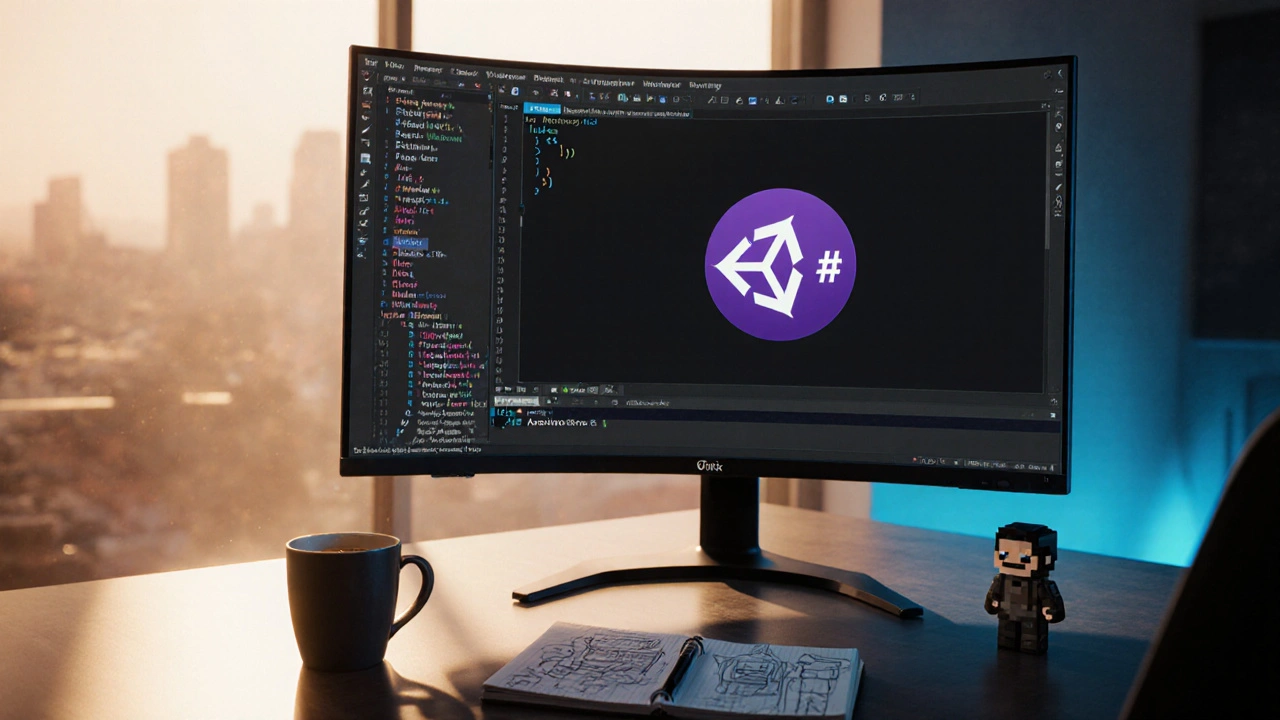C# Game Development: Build, Optimize, and Innovate
When working with C# game development, the creation of interactive games using Microsoft’s C# language and its runtime. Also known as C# gaming, it relies on frameworks like .NET, the managed runtime that handles memory, JIT compilation, and cross‑platform deployment and engines such as Unity, a popular real‑time 3D platform that ships C# scripts directly into the game loop. Together these tools let developers turn ideas into playable experiences on Windows, consoles, mobile, and even the web.
Key Elements That Shape Modern C# Game Development
First, C# game development encompasses a strong ecosystem of libraries and services. MonoGame offers a lightweight alternative for 2D titles, while the newer Xamarin, enables native mobile builds from the same C# codebase. The engine choice directly influences performance: Unity’s built‑in physics engine, for instance, provides collision detection and rigid‑body dynamics without writing low‑level code, but developers often need to profile CPU usage with Unity Profiler or Visual Studio Diagnostics to keep frame rates steady. AI techniques are increasingly part of the equation. Pathfinding frameworks like A* Pathfinding Project plug into Unity’s NavMesh system, allowing characters to navigate complex terrains. Machine‑learning libraries such as ML‑Agents let you train agents inside the Unity editor, turning traditional scripted behavior into adaptive AI that reacts to player actions. This relationship—AI influences C# game development—creates richer gameplay while demanding careful data handling and runtime optimization. Networking is another pillar. The Mirror library simplifies multiplayer synchronization, translating C# object states into network packets. When combined with Unity’s Netcode for GameObjects, developers can launch cross‑platform sessions that scale from local co‑op to large‑scale online matches. Security best practices, like encrypting traffic with TLS and validating client inputs on the server, protect against cheats and exploits. Finally, the build pipeline matters. Continuous Integration tools such as GitHub Actions or Azure Pipelines can automate Unity builds, run unit tests written with NUnit, and generate release artifacts for multiple platforms. This automation reduces manual errors and speeds up iteration, especially when you’re juggling art assets, shader variants, and audio packs. Overall, mastering these components—engine selection, performance profiling, AI integration, networking, and CI/CD—gives you a solid foundation to create polished games that run smoothly on any device.
Whether you’re a hobbyist looking to prototype a weekend project or a professional aiming to ship a commercial title, the resources below cover everything from basic scripting patterns to advanced AI tricks. Dive into the collection to see real‑world examples, step‑by‑step guides, and performance hacks that will help you turn your vision into a playable reality.

- Oct 14, 2025
- Andrew Harper
- 0 Comments
C# Game Development Tutorial: Essential Guide for Game Developers
Learn how to start game development with C#, set up Unity or MonoGame, master essential C# concepts, build a 2D platformer, and optimize performance for smooth gameplay.
